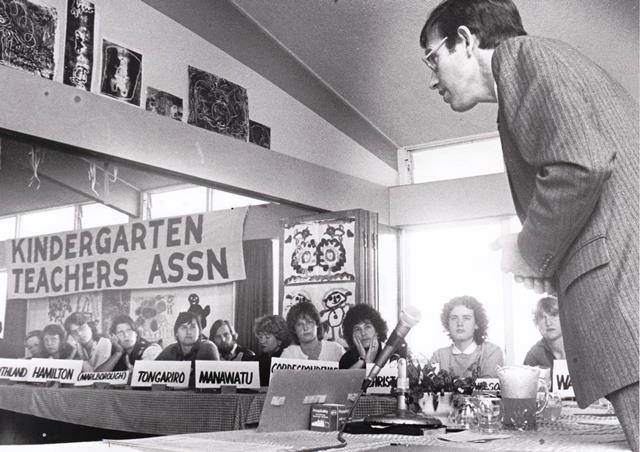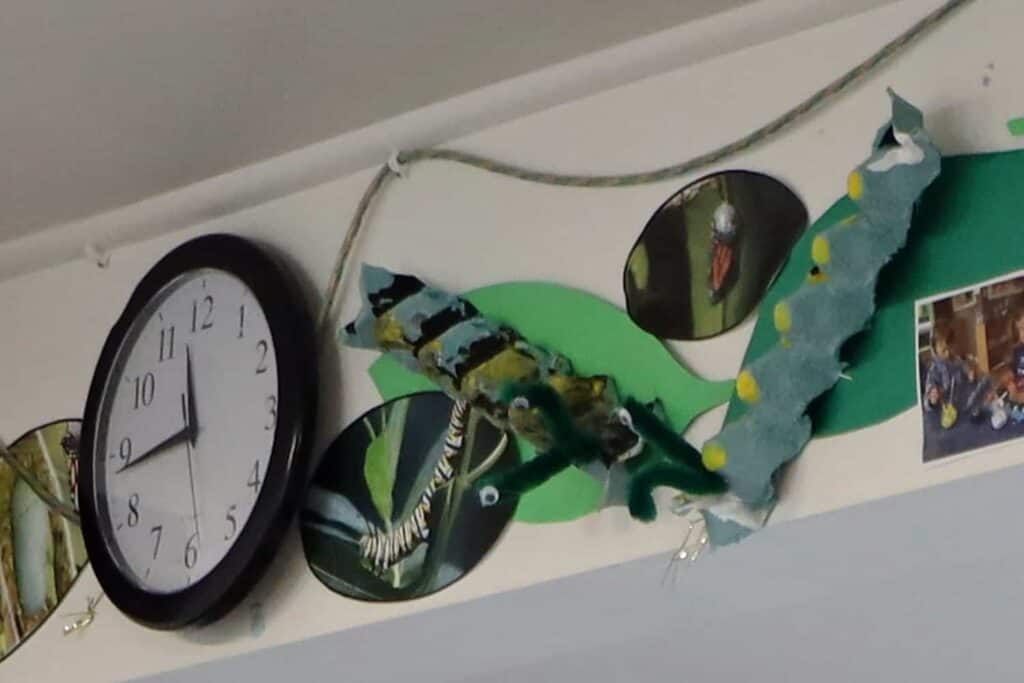September 19, 2012.
The results of the Ministry of Education’s 2011 Survey of Income, Expenditure and Fees in ECE Services (also known as the Cost-Drivers Survey) were released today. It follows other similar surveys in 2005, 2006 and 2008 to provide financial data to government to assist it in making decisions on the future funding of ECE and setting funding rates.
All figures reported (including fees) are exclusive of GST.
The link between fees and costs was found to be weak and the Ministry believes this relationship may be influenced by a range of factors including the mix of 20 Hours ECE and other types of provision, ownership models and management philosophies.
A moderately strong relationship between average per hourly income received from parents and the extent that Government met the service’s costs was identified. When government income fully met costs, average hourly income from parents was nil. For each 10% drop in the proportion of costs met by government, average hourly income from parents increased by one dollar.
No significant relationship between costs and the use of volunteers was found, but there was a relationship between fees and volunteers with the highest use of volunteers at services that had low or no fees.
Childcare services (called ‘education and care’ but distinguishable from playcentres, kindergartens and home-based services) reported the highest average cost of ECE at $9.22 per hour, kindergarten $9.10, home-based $8.48, and playcentre $5.74.
The costs for children under-2 were on average a third higher than for children two and over.
On average 90% of the income received by kindergartens was from government, 76% for playcentres, 75% for childcare centres and 51% for home-based ECE services. The proportion of income received from parents versus other sources was lowest in kindergartens and highest in home-based and childcare services. Playcentre was more likely than other services to have a higher proportion of its income come in via other sources e.g. donations.
As in the last survey done in 2008, teacher salaries/wages continued to represent around two-thirds of the costs for teacher-led services. Salaries/wages now take up a significantly higher proportion of the costs for home-based services.
Parents were charged on average $4.86 per hour for under-2s and $4.41 an hour for children aged two years and over (who were not in 20 Hours ECE).
Childcare centres and home-based services on average charged parents the most at between $5.30 and $5.80 an hour for children aged 2 years and over (excluding 20 Hours ECE), while playcentres charged the least at around $0.40 an hour. Kindergarten charges were on average $3.13 an hour.
Private ECE services charged more on average than not-for-profit services – an average of 14% more in the home-based sector and 20% more in the childcare centre sector.
Around 40% of services levied additional charges for things such as: family donations, late pick-up fees, absence fees, enrolment or administration fees, late payment fees, casual charges, holidays, holding or retainer fees, meals, nappies and other consumables, trips, transport and events, portfolios, and membership fees.
Regional differences in fees were found. Wellington’s childcare centres had the highest charges in the country for children aged under and over 2 years, while Wellington and Waikato kindergartens had the lowest fees for kindergartens.









